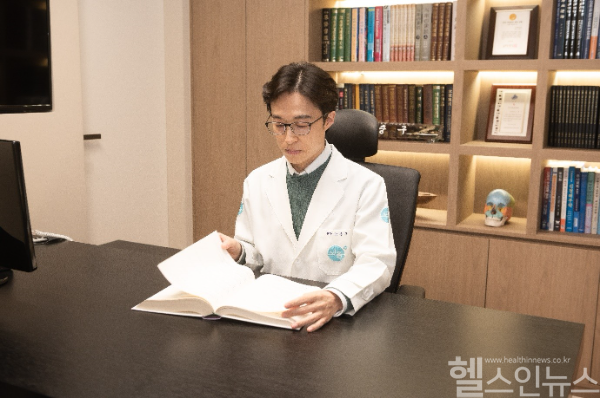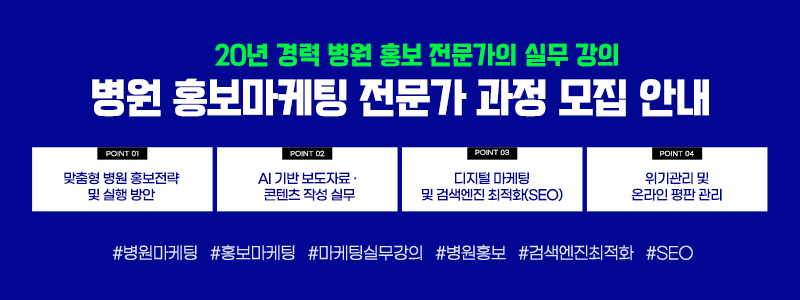In recent years, South Korea has seen a steady increase in adults seeking medical attention for tic disorders, conditions often mistaken for simple habits. Symptoms such as excessive eye blinking, shoulder shrugging, throat clearing, or lip trembling may appear benign but can signal a chronic neurological condition rooted in central nervous system imbalances. Early recognition and proper management are critical to addressing these disorders effectively.
Though commonly associated with childhood, tic disorders can persist into adulthood or even emerge later in life due to acquired factors. In adults, tics manifest as repetitive, involuntary muscle movements or vocalizations, including excessive blinking, head nodding, coughing sounds, or lip tremors. Misinterpreting these as mere habits or fatigue responses can lead to secondary issues like workplace stress, social withdrawal, and diminished self-esteem if left untreated.
Adult tic disorders are not merely behavioral quirks but stem from complex neurological abnormalities, such as dysfunctional connectivity between the basal ganglia and frontal lobes, overactive neurotransmitters, or heightened sensory sensitivity. These conditions reflect a broader trend: the modern brain, overwhelmed by excessive stimuli and stress, struggles to maintain self-regulatory balance. When the brain’s excitatory and inhibitory systems fall out of sync, tic symptoms often become more pronounced.

Environmental factors like chronic work stress, sleep deprivation, stimulating diets, and overactive sympathetic nervous systems can exacerbate this imbalance. Traditional treatments often rely on antidopaminergic medications or neuroleptics, but long-term use may cause side effects like drowsiness, reduced concentration, or emotional blunting, making sustained treatment challenging for many patients. As a result, there is growing interest in therapies that focus on restoring neurological function rather than solely suppressing symptoms.
Given that adult tic disorders often involve entrenched neural circuits, short-term pharmacological interventions may be less effective than non-invasive, systematic approaches to neuromodulation. Training the brain to relax and flexibly regulate sensory and motor responses offers a more fundamental solution.
Lifestyle adjustments are equally critical, as tics in adults often worsen with stress, fatigue, caffeine consumption, or insufficient sleep. Strategies such as maintaining regular sleep patterns, limiting stimulating foods and beverages, reducing prolonged digital exposure, and engaging in relaxation activities like deep breathing, light exercise, or meditation can stabilize the nervous system and enhance frontal lobe executive function.
To address this, a nonjudgmental diagnostic environment and robust emotional support systems are essential to empower patients to recognize their symptoms and pursue treatment confidently.
키워드
#성인틱장애
Kim Kuk Ju, HEALTH IN NEWS TEAM
press@hinews.co.kr


